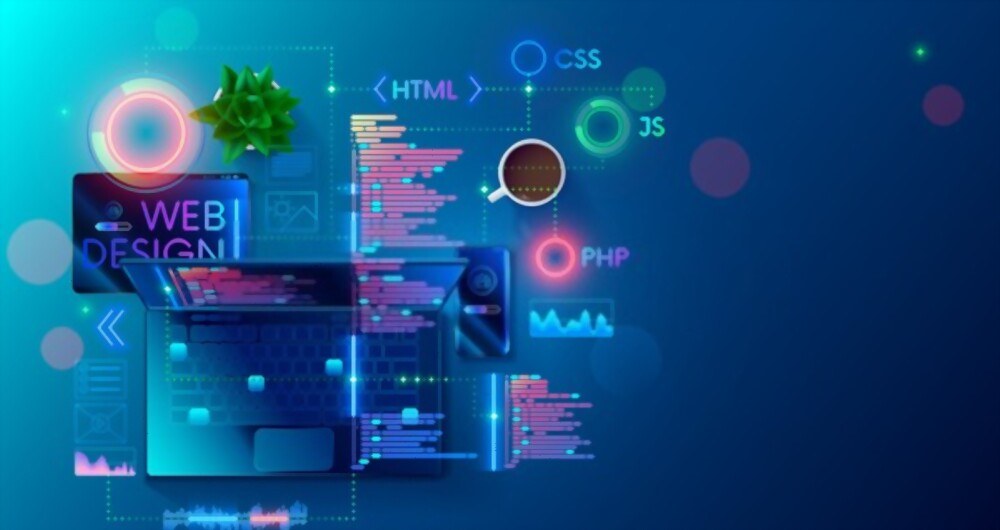Hiring a skilled PHP developer is a crucial step in building a successful web development team. Conducting effective interviews is key to identifying candidates who possess the technical expertise and problem-solving skills required for the role. In this comprehensive guide, we’ll explore best practices for conducting PHP developer interviews and provide a list of relevant questions to help you assess candidates thoroughly.
Best Practices for PHP Developer Interviews:
Preparation is Key:
Before Hire PHP developers, take the time to thoroughly review the candidate’s resume, cover letter, and portfolio. Understand their work history, projects, and the technologies they’ve worked with. Familiarize yourself with the specific PHP frameworks or tools your team uses to ensure alignment with the candidate’s experience.
Panel Interviews:
Consider involving multiple team members in the interview process. A panel interview allows you to gain diverse perspectives on the candidate’s skills and fit within the team. Each panel member can focus on different aspects, such as technical skills, problem-solving abilities, and cultural fit.
Behavioral and Technical Questions:
A well-rounded interview should include a mix of behavioral and technical questions. Behavioral questions assess a candidate’s soft skills, work ethic, and teamwork, while technical questions evaluate their PHP knowledge, coding abilities, and problem-solving prowess.
Coding Assessments:
Coding assessments are valuable tools for evaluating a candidate’s practical coding skills. Provide a coding challenge or a take-home project that simulates real-world scenarios. This allows you to assess their coding style, code quality, and problem-solving abilities. Discuss their approach and choices during the assessment to gain insights into their thought process.
Cultural Fit and Communication:
Assessing cultural fit is crucial for team cohesion. Ask questions that help you understand a candidate’s work style, adaptability, and how well they align with your company’s values and mission. Evaluate their communication skills, as effective communication is vital in a collaborative development environment.
Case Studies and Problem-Solving Scenarios:
Present candidates with case studies or problem-solving scenarios relevant to your projects. This allows you to evaluate their ability to analyze complex issues, propose solutions, and demonstrate domain knowledge.
Whiteboard or Live Coding Sessions:
Consider conducting whiteboard or live coding sessions, especially for senior PHP developer roles. This hands-on approach provides insights into a candidate’s coding proficiency, code structure, and problem-solving under pressure. Focus on their ability to write clean, efficient, and maintainable code.
Review of Past Projects:
Ask candidates to walk you through their past projects. Encourage them to discuss their roles, challenges they faced, and the impact of their contributions. Reviewing past projects helps gauge their depth of experience and the quality of their work.
Soft Skills Assessment:
Soft skills, such as teamwork, adaptability, and time management, are essential for successful PHP development. Ask situational questions that prompt candidates to share examples of how they’ve applied these skills in previous roles.
PHP Developer Interview Questions:
Now, let’s delve into a list of PHP developer interview questions that cover various aspects of the role:
Behavioral Questions:
- Can you describe a challenging project you worked on and how you overcame obstacles to complete it?
- How do you prioritize tasks when facing multiple deadlines on a project?
- Describe a situation where you had to collaborate with frontend developers or designers. How did you ensure effective communication and teamwork?
- Can you share an example of a time when you had to adapt to a new technology or framework quickly? How did you approach the learning process?
- Explain a situation where you identified a security vulnerability in a web application and the steps you took to mitigate it.
- How do you stay updated with the latest PHP developments and trends? Can you provide examples of how you’ve applied new knowledge to your work?
Technical Questions:
- What is the difference between PHP 5 and PHP 7? What are the advantages of migrating to PHP 7?
- Explain the purpose of PHP frameworks like Laravel, CodeIgniter, and Symfony. Have you worked with any of these frameworks?
- How do you prevent SQL injection attacks in PHP applications? Can you demonstrate the use of prepared statements and parameterized queries?
- Describe the process of optimizing a PHP application for performance. What tools and techniques do you use?
- What are namespaces in PHP, and why are they important for code organization? Provide an example of how you would use namespaces.
- How do you handle session management and security in PHP applications? What are the common session-related challenges?
- Discuss the differences between GET and POST requests in PHP. When would you use one over the other?
- Explain the purpose of dependency injection in PHP and provide an example of its implementation in a code snippet.
- What is RESTful API design, and how do you create RESTful endpoints in PHP applications?
- Can you discuss the concept of MVC (Model-View-Controller) architecture in the context of PHP development? How does it benefit web applications?
Conclusion:
Conducting PHP developer interviews requires a structured approach that encompasses behavioral and technical questions, coding assessments, and evaluations of soft skills and cultural fit. By following best practices and utilizing a comprehensive set of interview questions, you can effectively assess candidates and identify those who are best suited to contribute to your web development projects. Remember that hiring the right PHP developer is an investment in your team’s success and the growth of your web applications.

